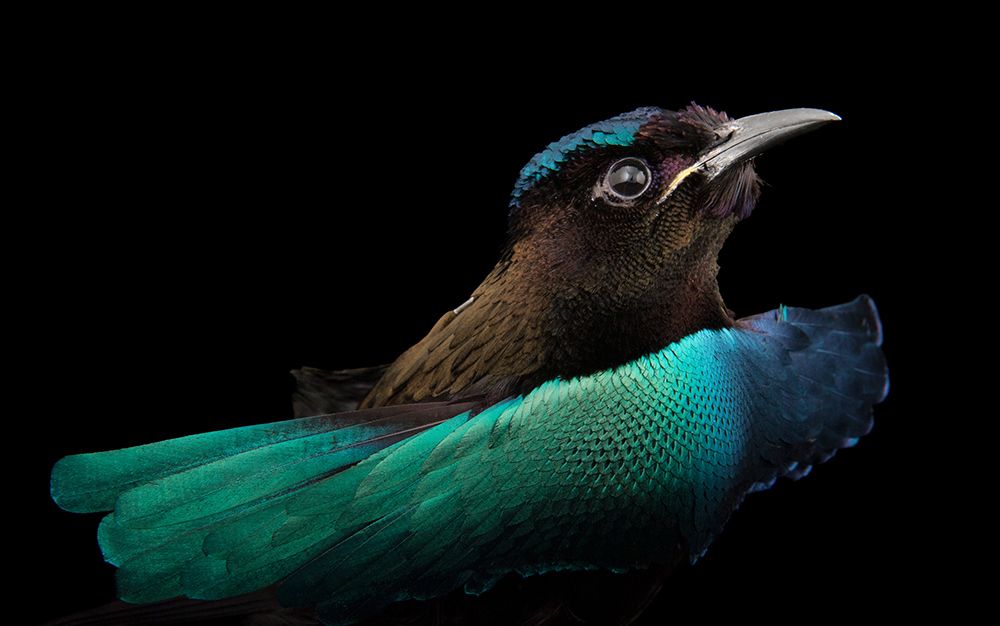Something relating to our Ecuador visit. And to Darwin of course. A most fascinating overview of why males spend so much time in impressing females. And other males so that they are frightened away from the females. We aren't that different from animals or peacocks and this has driven our behaviours.
Very interesting to note how human behaviour is also aligned to ensuring our mitochondria is aligned with our partner's.
Love
Baba
Why do the most flamboyant males have the evolutionary edge? – Alex Riley | Aeon Essays
https://aeon.co/essays/why-do-the-most-flamboyant-males-have-the-evolutionary-edge
(via Instapaper)
 For a large part of his life, Charles Darwin didn't like peacocks. It wasn't their loud vocalisations – a high-pitched, piercing combo of laughter and screaming. That he could deal with. What kept him up at night was the peacocks' tails. As he wrote to a friend in 1860, the sight of those ornate feathers made him feel sick whenever he gazed at them. Why? Because he couldn't explain them. The plumes of turquoise, blue and brown, trailing behind many times the bird's body length or spread into a wide fan of flamboyancy, was an affront to his theory of evolution by natural selection, a process founded on efficiency and removal of extravagance.
For a large part of his life, Charles Darwin didn't like peacocks. It wasn't their loud vocalisations – a high-pitched, piercing combo of laughter and screaming. That he could deal with. What kept him up at night was the peacocks' tails. As he wrote to a friend in 1860, the sight of those ornate feathers made him feel sick whenever he gazed at them. Why? Because he couldn't explain them. The plumes of turquoise, blue and brown, trailing behind many times the bird's body length or spread into a wide fan of flamboyancy, was an affront to his theory of evolution by natural selection, a process founded on efficiency and removal of extravagance.
Not only is such a train of feathers metabolically costly, it is also readily visible to any carnivore looking for an easy meal. With all the predation, pathogens and diseases that living things need to overcome, Darwin wondered, how could such self-destructive beauty evolve? Why would an animal go to such extremes to make life harder, and death more likely? He finally hit on a plausible answer in 1871. In the second part of his book The Descent of Man, he explained that there is more to life than mere survival. Animals need to have sex, too. And because females are often more heavily invested than males in egg production and parental care, they are more likely to take the lead in choosing mates, too. As Darwin wrote: 'It's not a struggle for existence, but a struggle between the males for the possession of the females.'
Very interesting to note how human behaviour is also aligned to ensuring our mitochondria is aligned with our partner's.
Love
Baba
Why do the most flamboyant males have the evolutionary edge? – Alex Riley | Aeon Essays
https://aeon.co/essays/why-do-the-most-flamboyant-males-have-the-evolutionary-edge
(via Instapaper)

Not only is such a train of feathers metabolically costly, it is also readily visible to any carnivore looking for an easy meal. With all the predation, pathogens and diseases that living things need to overcome, Darwin wondered, how could such self-destructive beauty evolve? Why would an animal go to such extremes to make life harder, and death more likely? He finally hit on a plausible answer in 1871. In the second part of his book The Descent of Man, he explained that there is more to life than mere survival. Animals need to have sex, too. And because females are often more heavily invested than males in egg production and parental care, they are more likely to take the lead in choosing mates, too. As Darwin wrote: 'It's not a struggle for existence, but a struggle between the males for the possession of the females.'
No comments:
Post a Comment